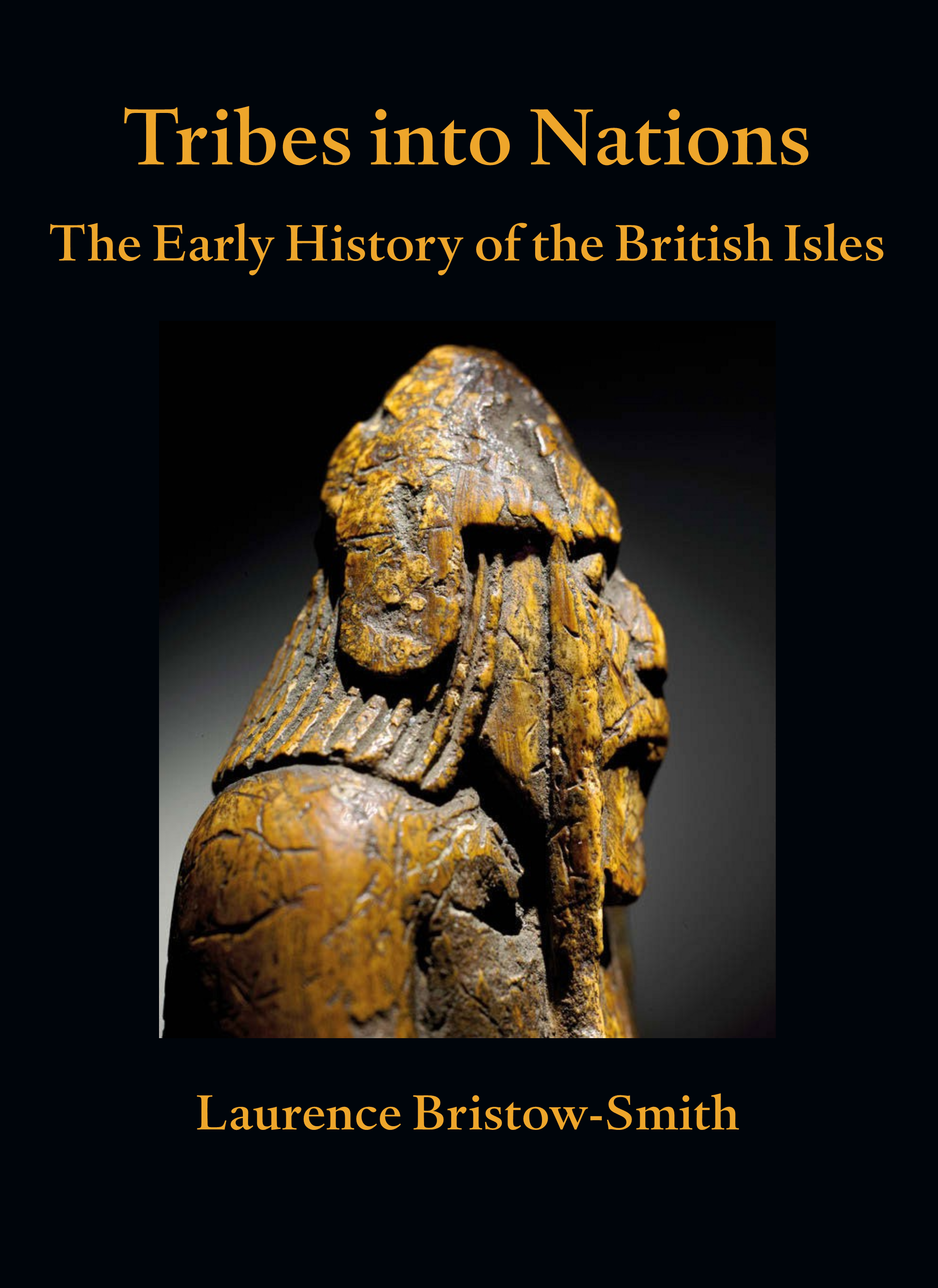In the 1960s and 70s the history that Laurence Bristow-Smith and his
generation were taught at school was coloured by the overhang of Empire. The
emergence of the nations of the British Isles from the mists of a tribal past
was seen through a post-colonial prism of British exceptionalism, the British
as a race of super-mongrels, and invasion theory. The dominance of England,
both in the British Isles and in the Empire, was regarded as natural and
normal. Historical figures such as Boudicca and King Ælfred were recast as
forerunners of English greatness. This led to a tradition of Anglocentric
history which downplayed – and even distorted – the contribution made by the
other nations.
Laurence Bristow-Smith’s new book challenges these ideas.
Tribes into Nations takes a fresh look at the ethnic and cultural
evolution of the British Isles. It sees them as inescapably caught up in the
movements of peoples and cultures that have swept across the European Continent
over the millennia. It shows the importance of Scotland, Wales, and Ireland,
and of lost polities such as the Kingdom of the Isles and the Kingdom of
Strathclyde, in shaping the political and cultural identity of the British
Isles. And it sees history as a process of continual change that leaves no room
for certainties and permanence.
‘Meticulously researched,
compellingly argued and as gripping as
Game of Thrones,
this history of
the peoples of the British Isles from the earliest evidence
of human
presence to the end of the Middle Ages
is a treasure trove of
information presented in a lively and accessible manner.’
Professor Françoise Le Saux, University of Reading
About the
author:
As a boy in Sussex, Laurence Bristow-Smith used to play in the
field where the Battle of Hastings took place, just below Battle Abbey.
Imagining what had happened there nine hundred years earlier started him reading
– not just about Saxons and Normans, but about the mysterious Celts, Vikings
sailing down the Volga, the lost world of Byzantium, and a hundred other
subjects.
Laurence gained a doctorate at the University of
Newcastle-upon-Tyne for his work on the artist and novelist Mervyn Peake. After
working as an academic in Morocco, he joined the Diplomatic Service and was
posted to China, where he witnessed the 1989 Tiananmen Square incident. He
worked in Central and Eastern Europe, particularly in the Balkans, where he
spent time in Bosnia, Croatia, and Kosovo. He also spent five years Oslo and six
as British Consul General in Milan.
A lifetime exploring different countries
and cultures strengthened the interest in history which has given rise to this
study as well as to his previous publications: Half-an-Eye on History, a
biography of the diplomat, writer, and politician, Harold Nicolson; and his
major two-volume History of Music in the British Isles.
With 30 maps
Price £36, $40
Clothbound hardback (ISBN
978-1-3999-3283-7)
